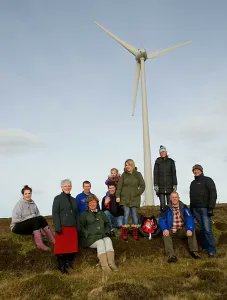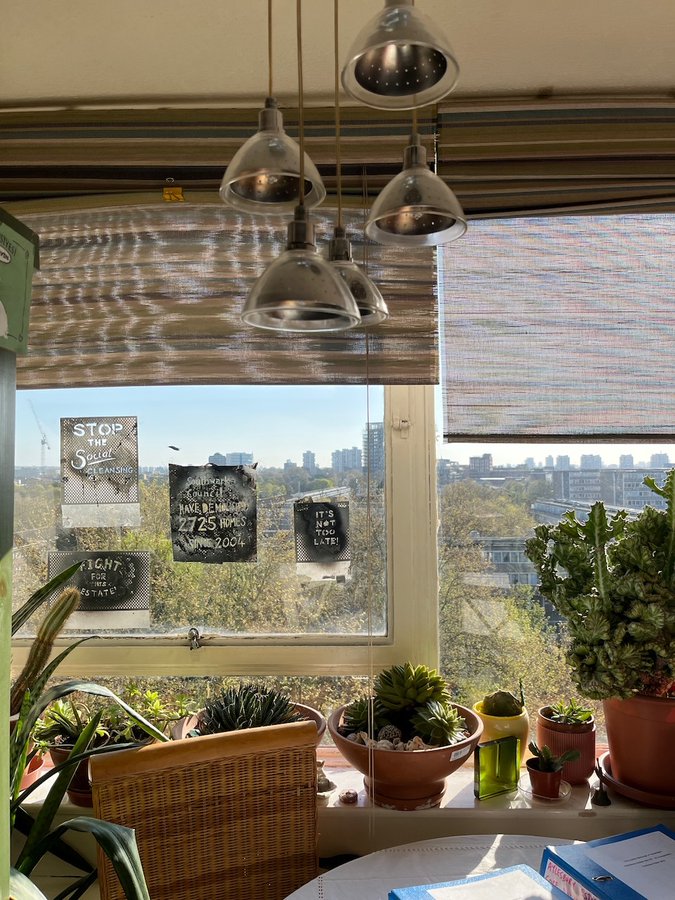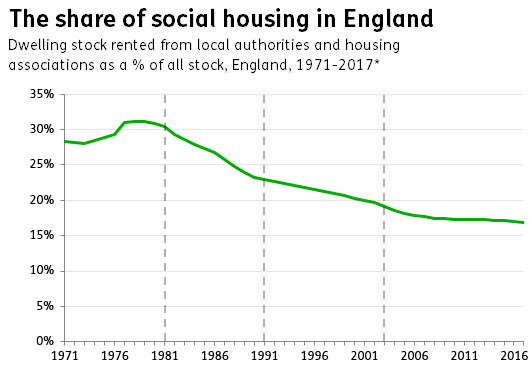Today's #MunicipalistMonday highlights community owned energy in Scotland's north/west isles. Renewables are powering communities through democratic & collective ownership, with some parallels to remunicipalisation elsewhere.
This is also an example of redistributing land & revitalising rural communities: Scotland has very concentrated land ownership due to a history of enclosure & clearance. Few absentee landlord families own most of Scotland.
However, in the last 20 years, rural communities have collectively bought their lands. Building community-owned renewables has often financed these projects.
Gigha island is a good example: It created Scotland's first community wind farm, selling renewable energy into the electrical grid since 2004. With this money the community has been able to improve its housing.
@isleofgigha
@isleofgigha

On the Western island of Tiree, inner Hebrides, wind is so popular they have named their wind turbine! “Tilley” generates power for 3,650 homes, far more than the 700 residents need, making the island a net energy exporter.
#CommunityEnergy
#CommunityEnergy

Eigg island has the first completely wind, water & solar-powered electricity grid in the world.It no longer relies on diesel generators, which were once needed – the island isn't connected to the national electrical grid.
#Renewables
#Renewables
A large part of Lewis, formerly the Barvas Estate, is now community owned. Profits from its wind farm are assisting people on the island, including with minor housing repairs, education and training.
#CostOfLivingCrises
#CostOfLivingCrises
And it's not just islands: currently over 500 communities across Scotland generate their own renewable energy. 💧💡🌞
#ClimateAction #MunicipalistMonday
#ClimateAction #MunicipalistMonday
These islands, and other community energy projects on Scotland's mainland differ greatly. Two similarities are: locally people can empower themselves and they're local democracy in action. Spaces for municipalists to learn from, even if these places do not identify as such.
These places have small populations. However, there is no reason why towns & cities cannot run their own muncipal energy, water and other utilities. In fact hundreds of municipalities are already doing this.
https://twitter.com/EMN_Project/status/1597170333177769984
• • •
Missing some Tweet in this thread? You can try to
force a refresh


























